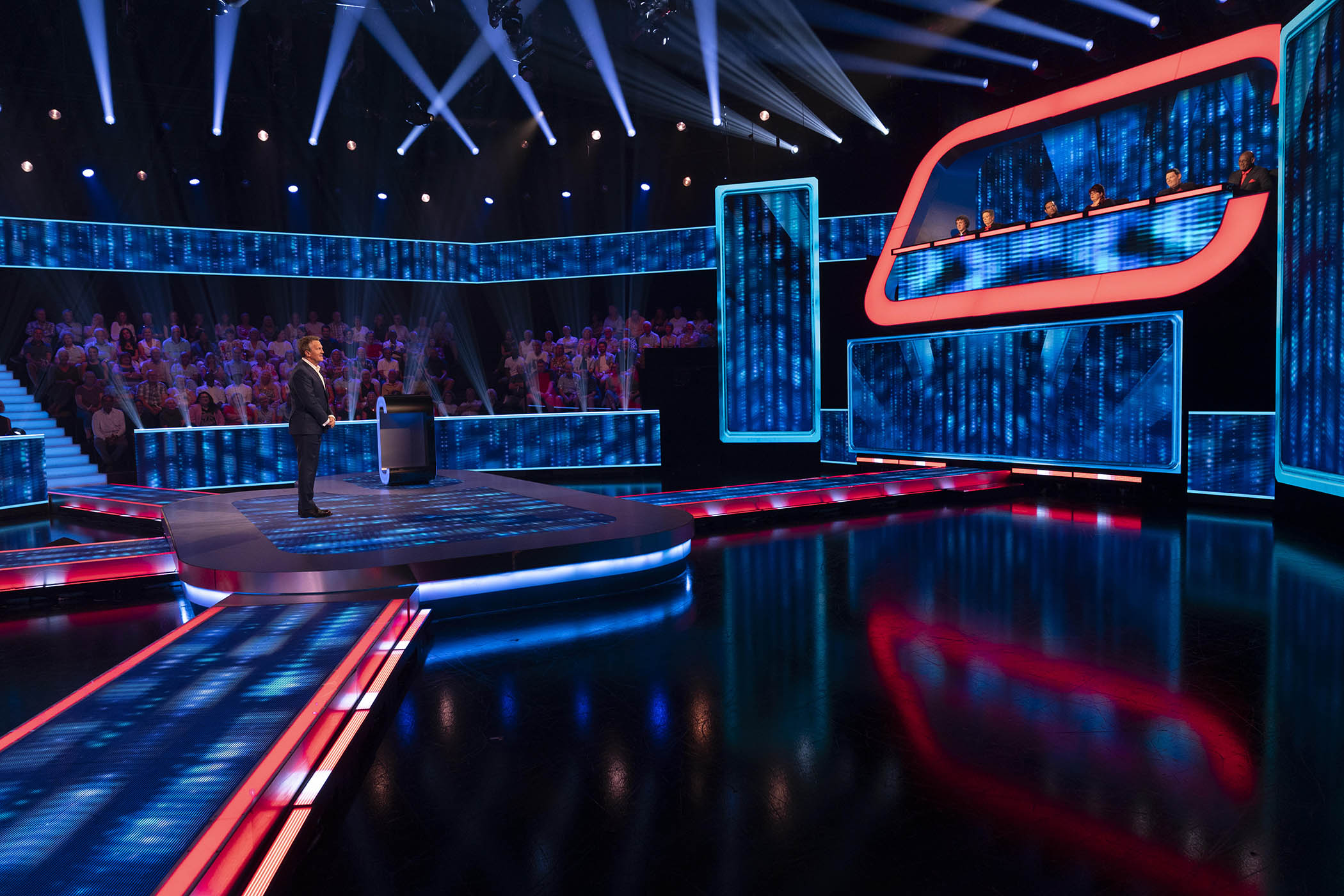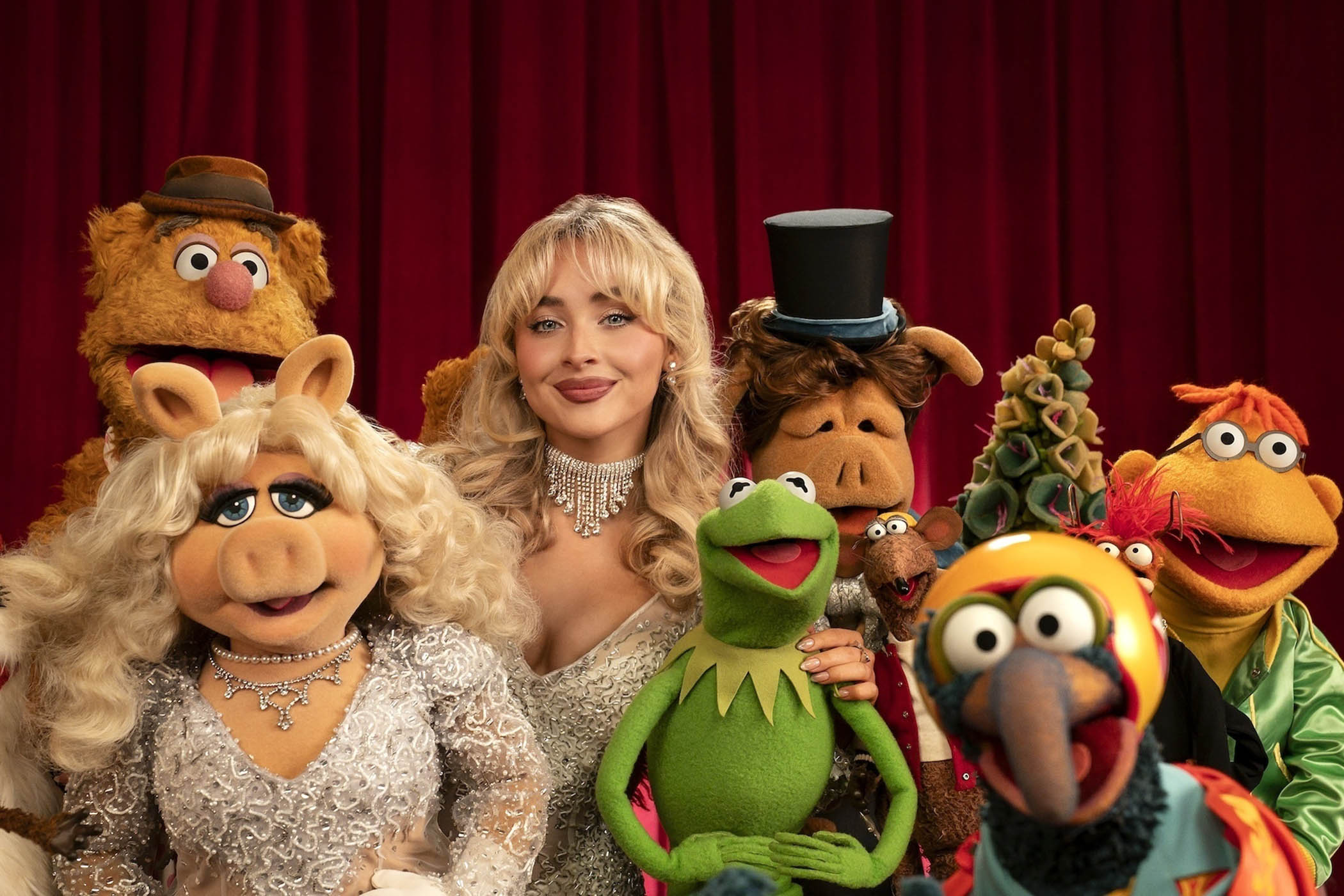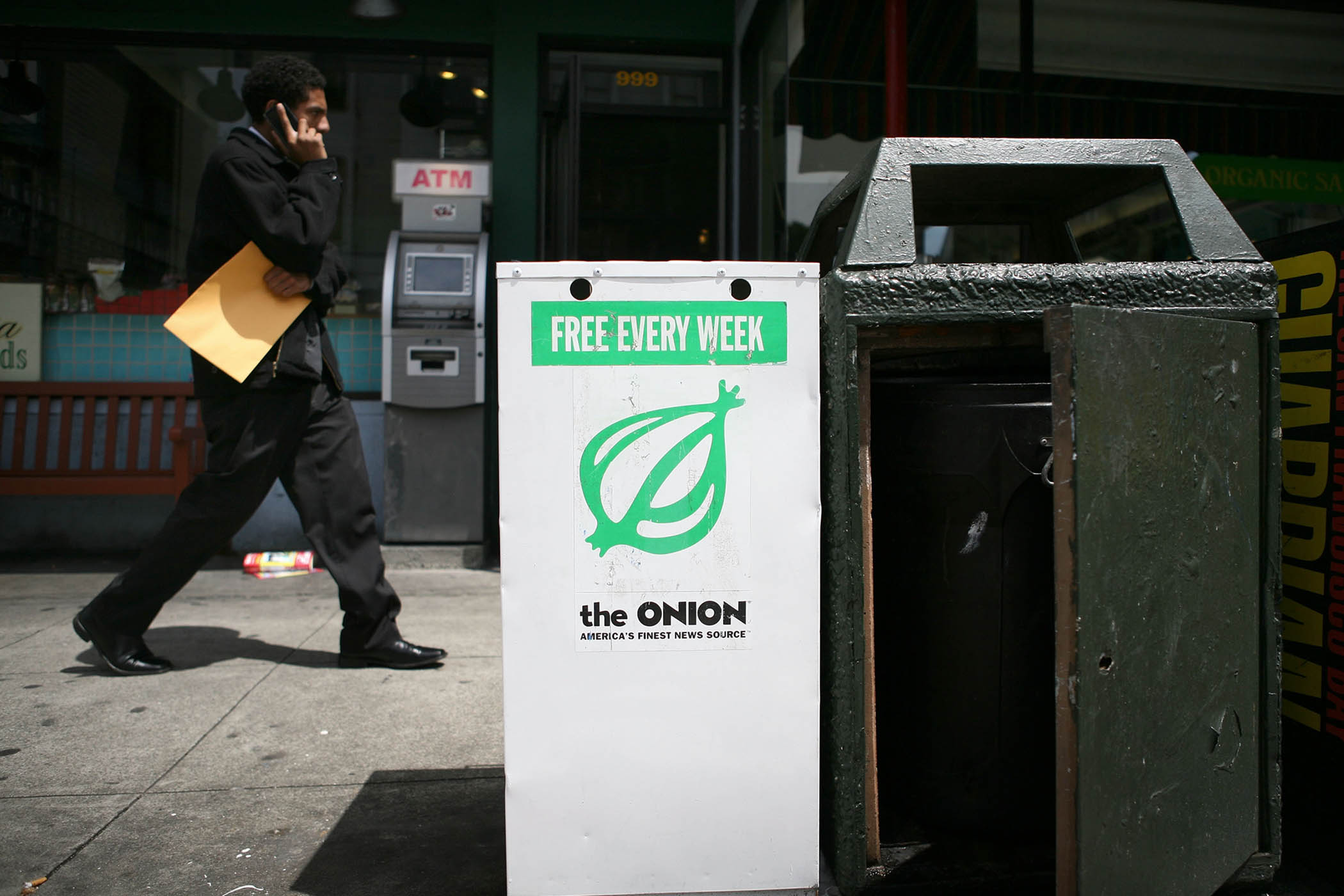The bid by Sky TV’s owner, Comcast, to buy ITV marks more than a proposed corporate takeover. It may signal the moment the TV industry lost its status as the ruler of the nation’s hearts and advertisers’ minds. It may also begin the slow dismantling of the public service broadcasting tradition present since the founding of the BBC.
There have been previous attempts to buy ITV – most recently in 2006, when US-owned UK cable provider NTL had its merger talks scuppered by Rupert Murdoch, then Sky’s largest shareholder. His son James, then Sky’s CEO, made an audacious acquisition of a 17.9% stake in ITV plc for a hugely inflated £940m to block the NTL takeover. Today, Comcast is offering just £1.6bn to buy the entire network, indicating how its value has fallen in the past 20 years.
What is curious to analysts is why Comcast is only bidding for ITV’s declining broadcast network and not its more secure and lucrative studio arm. ITV Studios produces 3,500 hours of television for almost every UK broadcaster, making shows such as Ludwig, Line of Duty and The Voice for the BBC, Fool Me Once for Netflix, Suspicious Minds for Disney+, and Love Island and The Chase for ITV.
“It seems weird for a large US media company to be buying a declining UK broadcaster, without the studios,” says Tom Harrington at media research company Enders Analysis.
“It may be defensive – there are deals in the US, like Paramount bidding for Warner Brothers – that would make Comcast less significant. ITV is cheap, and they could blend Sky and ITV together to drive subscriptions in the way Channel 5 does for Paramount+, but there’s a risk in bidding for ITV in that the regulators may not approve.”
Broadcast regulator Ofcom and monopoly watchdog the Competition and Markets Authority (CMA) will have to clear the deal, and the arcane world of TV advertising trading is the rock on which this ship may founder.
The TV airtime market – ad agencies buying slots to show the John Lewis Christmas ad, for instance – is known as NAR (national advertising revenue). It’s a distinct market, separated from the rest of the ad market due to TV’s once huge audience reach.
As a result, in 2000, TV’s £4bn in ad revenue dominated the UK total ad market, worth £12bn. Viewers or readers of Jilly Cooper’s ITV licence bidding war bonkbuster Rivals know how tempting this wealth once was. By 2024, TV was worth £5.27m, compared with the total ad market of £42.6bn.
Related articles:
In February 2025, Ofcom acknowledged this. “As a result of changing viewing habits and changes in the proposition on different platforms, advertisers are no longer thinking about TV advertising in isolation and no stakeholder we spoke to has a dedicated ‘TV budget,’” its report on the TV advertising sector stated. “Instead, advertisers currently think about AV campaigns more broadly.”
The UK’s commercial TV companies have banded together to sell their airtime through sales houses. Each has one core broadcaster around which it builds a portfolio of channels – ITV Media accounts for 40% of NAR, Sky Media takes in 30% and Channel 4 Sales around 25%. If Comcast and ITV merge, that company would control 70% of the TV ad market – easily a problem for the CMA unless it widens the market and dispenses with the idea of NAR.
Newsletters
Choose the newsletters you want to receive
View more
For information about how The Observer protects your data, read our Privacy Policy
Advertisers and ad agencies have concerns. “ITV is going to argue that it’s a minnow in the wider market and that’s sort of true,” one TV buying director says. “But there is still no real alternative for a mainstream brand to buy an ad that will probably be seen by almost everyone. If you’re negotiating with ITV and the price isn’t right, you can’t say, right, I’ll spend everything on YouTube. Nobody watches YouTube ads, no matter how large the platform is, and ITV knows that.”
The Incorporated Society of British Advertisers (ISBA) has used its sharp teeth in the past to ensure a competitive market – including preventing Murdoch from merging the Times and the Sunday Times when he acquired the latter in 1981, a ban finally lifted in 2022. ISBA is cautious about its position this time round.
“A merger of these two businesses would clearly have major implications for advertisers,” Phil Smith, ISBA’s director-general, says. “The impact on the advertising ecosystem will need to be fully understood. ISBA will continue to ensure its members interests are fully represented.”
Sir Peter Bazalgette, ITV chairman from 2016 to 2022 and a shareholder in the company, expressed impatience at any opposition. He wants the concept of NAR to vanish, with ITV considered in terms of the entire UK ad market. “If some dinosaurs in the ad industry want to keep ITV off in a smaller TV ad pond, then they don’t realise we are already competing directly with the likes of Google and Meta,” he told the Observer. “These two have 60% of the UK ad market. Fortunately, there are people at the CMA who are aware.”
Analysts aren’t sure. “The issue is whether a combination of Sky and ITV is an acceptable increase in market share and power,” says Mathew Horsman, an independent media consultant. “If the market is all video, then Sky and ITV together don’t look like a problem. If the broadcast TV market is still the relevant measure, then the combination looks unfair.”
Harrington is also concerned at a merger diluting public service broadcasting. “My worry is that on streaming services people just watch less news, and unless news is on the main screen it gets sidelined,” he says. “Public service ensures Brits get programmes made in the UK, that the regions are heard, and that the industry is supported. Sky has no public service obligations.”
Advertisers agree. “What hasn’t changed, and we know this from our work measuring effectiveness, is how important advertising on ITV is compared to streamers or internet platforms,” explains Paul Bainsfair, director general of the Institute of Practitioners in Advertising, which lobbies for ad agencies. “For example, the coverage of the new John Lewis Christmas ad. It will be seen by most people more quickly on ITV than any other channel. If a takeover reduced that specialness, that would be a concern.”
Bazalgette rejects this: “I want to see public service broadcasting survive and continue to deliver programming for us, by us,” he explains. “The current ITV licence extends to 2034 and I can’t see that changing. But we have reached the point where the cost of obligations – like commissioning a certain amount of programming from independent producers and delivering regional news – is more expensive than the cost of the licence. Things will have to change.”
Photograph by ITV Studios



